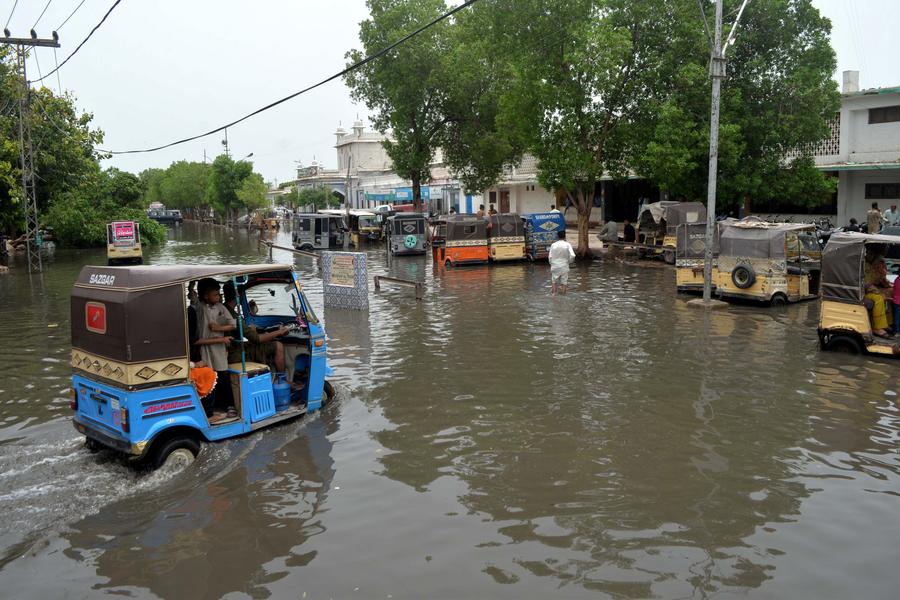Rescue operations continued across northern Pakistan on Saturday after relentless monsoon rains triggered flash floods and landslides, killing at least 344 people within 48 hours. Authorities say the death toll is expected to rise as many remain trapped beneath debris in remote mountainous regions.
The National Disaster Management Authority (NDMA) reported that the hardest-hit area is Khyber Pakhtunkhwa province, where 324 fatalities have been confirmed. Most victims perished when swollen rivers swept away homes or when structures collapsed under the force of torrential rains. More than 137 others have been injured.
Residents described scenes of devastation. “I heard a loud noise as if the mountain was sliding. The ground was trembling due to the force of the water, and it felt like doomsday,” said Azizullah, a survivor from Buner district, one of the worst-affected areas.
Around 2,000 rescue workers are deployed across nine districts, but access remains a significant challenge. Flooded roads, landslides, and continuous downpours have made it impossible to reach some villages with heavy machinery. “Many more people may still be trapped under the debris, which local residents cannot clear manually,” said Buner’s deputy commissioner, Kashif Qayum Khan.
Authorities have declared Buner, Bajaur, Swat, Shangla, Mansehra, and Battagram as disaster-hit zones. In Pakistan-administered Kashmir and Gilgit-Baltistan, another 20 lives were lost. Tragedy deepened further when a government relief helicopter crashed due to poor weather, killing five on board.
The monsoon season, vital for agriculture, often brings destruction to South Asia. This year’s rains began earlier, are expected to last longer, and have already been described as “unusual” in intensity. Since June, more than 650 people have been killed nationwide and over 900 injured.
Pakistan, one of the most climate-vulnerable countries globally, is still reeling from the catastrophic 2022 floods that submerged a third of its land and claimed 1,700 lives. As villagers continue to dig with bare hands and shovels in search of loved ones, survivors face not only grief but also the loss of homes, food, and livelihoods.
“The entire area is reeling from profound trauma,” said Saifullah Khan, a teacher from Buner. “I helped retrieve the bodies of the children I once taught. It feels like nature has imposed an unbearable trial on us

